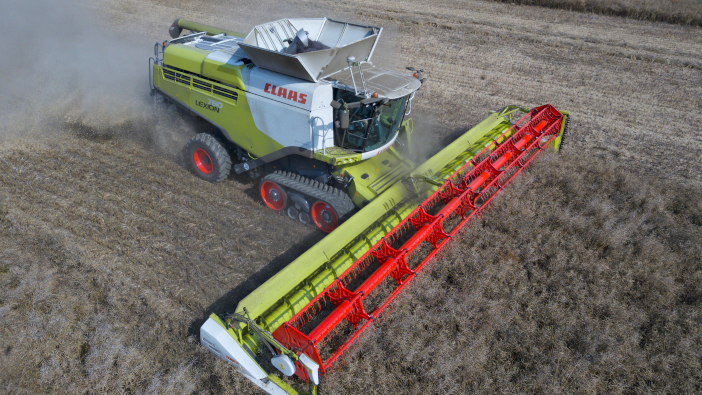With the oilseed rape area expected to increase this autumn due to the buoyant prices this year, Corteva Agriscience is advising farmers to consider a reactive approach to weed control to reduce risks during establishment.
Early predictions are that the 280,000 hectares sown for 2021 will be comfortably exceeded but the unpredictable weather, combined with the ever-present risk of pest damage, are still factors in the crop’s success and farmers should consider strategies to mitigate this.
John Sellars, oilseed rape herbicides manager, said: “Research has helped improve knowledge around how to successfully establish a resilient crop, and new thinking has developed in the face of pest and weather challenges seen in recent years.
“But oilseed rape growers will still be determined to minimise risk as much as possible, driven by variety choice, drilling dates, targeting soil moisture and an effective herbicide programme.”
One tactic which has reportedly proven successful in the UK is to switch away from a broad acre pre-emergence approach to more integrated weed controls. Corteva’s Belkar has become an intrinsic part of these strategies, according to the company.
The post-emergence herbicide is effective in poppy, cleavers, shepherd’s purse, fumitory and cranesbill, with the added benefit of not having to invest upfront in residual chemistry. The Arylex active + picloram formulation allows growers to wait until the crop has established and weeds have germinated before deciding on their investment.
“Demand for quality British rapeseed is unrelenting and the associated gross margins remain unrivalled, still making it the break crop of choice for a huge number of farms,” Mr Sellars said.
“However, those who grow it want to employ an establishment strategy that puts less investment upfront in the programme, allowing them to see how the crop and weeds are emerging before making their next important decision on inputs.
“Drilling dates are being altered and pest management plans are being revisited, and the same can be said for herbicides.”
The use of Belkar will reportedly allow users to move away from preventative measures, to more reactive autumn strategies.
Three treatment options are available with Belkar:
- At the two leaf stage, an application 0.25 litres per hectare will take out weeds which have germinated alongside the crop and, in some circumstances, may be enough broadleaf control ahead of Astrokerb or Kerb Flo 500;
- In fields with a high weed burden, crops can have a second dose at the same application rate two to four weeks after the first;
- A third option is to wait until six true leaves of the crop and all the weeds have germinated and apply 0.5 litres per hectare.
The spray period for Belkar is from the 1st of September to the end of December.
For more information go to www.corteva.co.uk


